

Chamber of Commerce, Restaurant Association claim the law, which labor unions say is meant to prevent coercion, violates free speech.


Federal funds cover more than 60% of California’s low-income health insurance plan. Losing even part of that money could result in cutbacks on care for kids or state tax hikes.


Seventy percent of the state’s residents think kids in the state will be financially worse off than their parents.


A growing coalition of parents, students and teachers comes together to halt the chaos roiling school boards and communities.
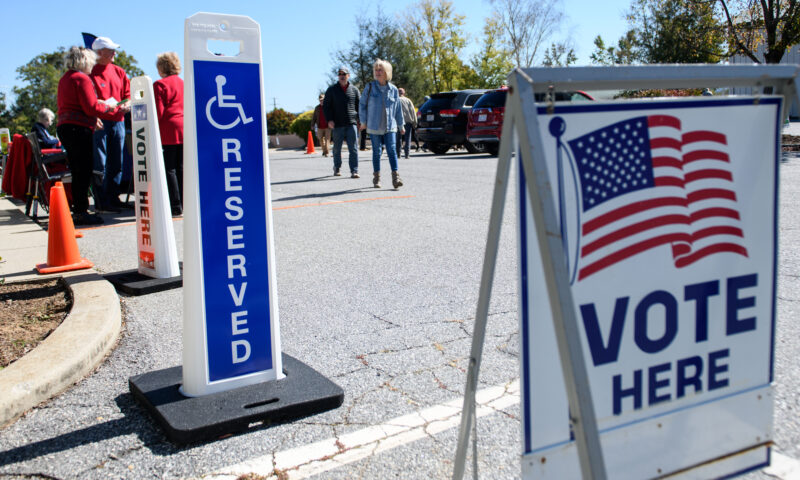
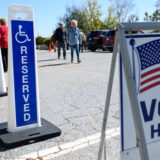
From utility commissioner in Montana to governor in North Carolina, these contests will have an impact on climate change and the transition to a clean-energy future.
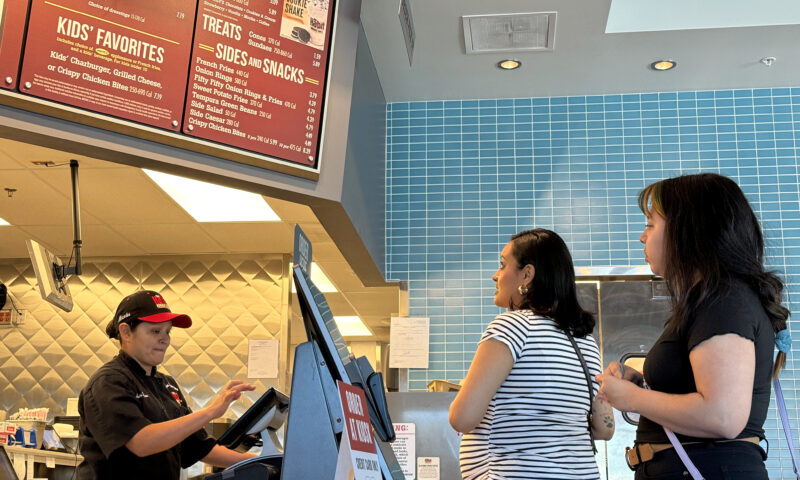

Ahead of a ballot measure to add $2 to the hourly minimum wage, studies show fast food jobs increased after the state bumped hourly pay to $20 in that sector.
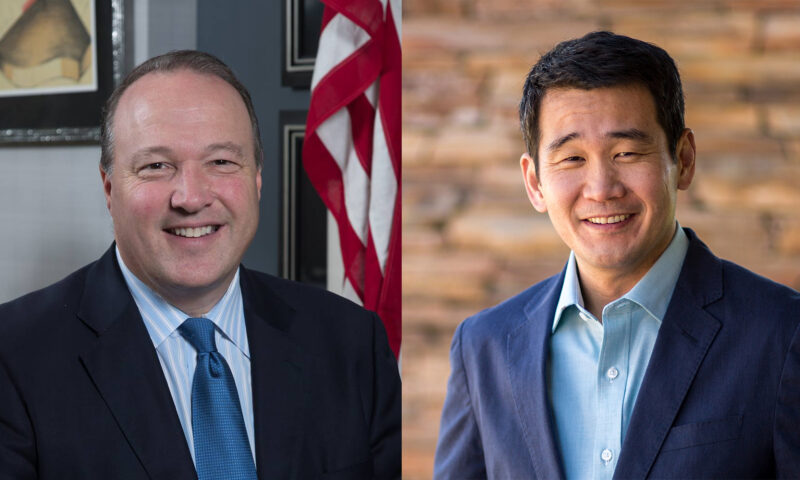

With progressive Rep. Katie Porter gone, her coastal California district is considered critical to the fate of a divided House.


Prop. 36 creates stiffer penalties for some theft and drug crimes and has overwhelming support, but big retailers do not cite theft as a leading threat, and property crime is the lowest in 50 years.


Following the money reveals the gaming of the state’s initiative process.
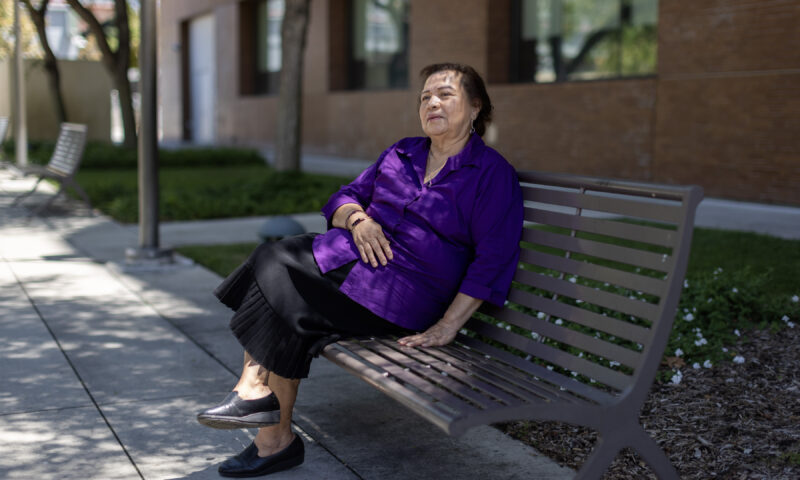

To achieve consistent pay and benefits, IHSS workers seek to negotiate directly with the state instead of with 58 individual counties.


Where prisons are located, the way they are built, and the health condition of prisoners means deaths will likely increase with climate change, experts say.


Proposition 4 would fund infrastructure to relieve brutally hot days such as those that just scorched Los Angeles.
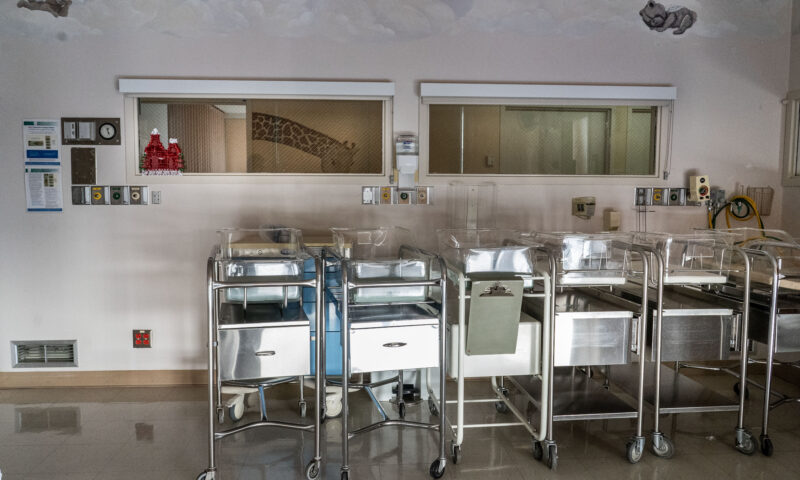

Six in 10 in the region said they skipped or stalled medical care due to cost, and it is not much better statewide.


A $5 million prime-time ad campaign is aimed at climate policies the industry claims make life miserable for Californians.


In response to a Capital & Main investigation, lawmakers say more enforcement and worker education is needed.


Low-wage industries are forecast to lead job growth, and the share of workers 55 and older has doubled.


As California regulators struggle with short staffing, farmworkers say they are denied shade and water required by law.


Budget shortfall pauses wage hike for California’s low-income health care workers. “We’re living paycheck to paycheck,” one worker said.


Summer meal program for food insecure students was initially cut under Gov. Gavin Newsom’s budget proposal.


A new study finds 1.6 million undocumented workers created 1.25 million jobs and produced 5% of the state’s GDP.